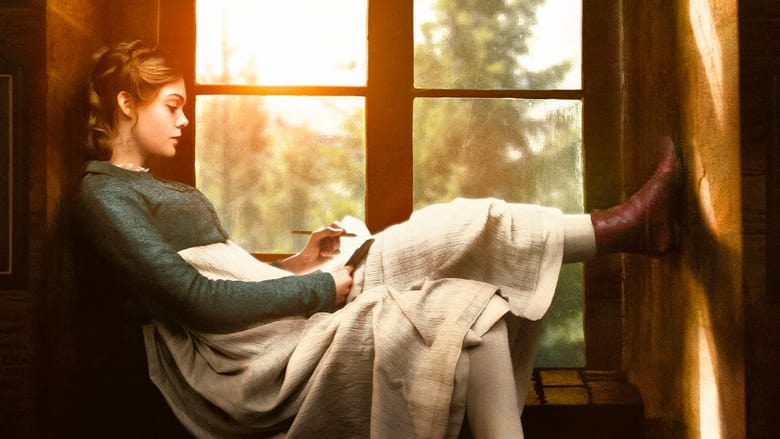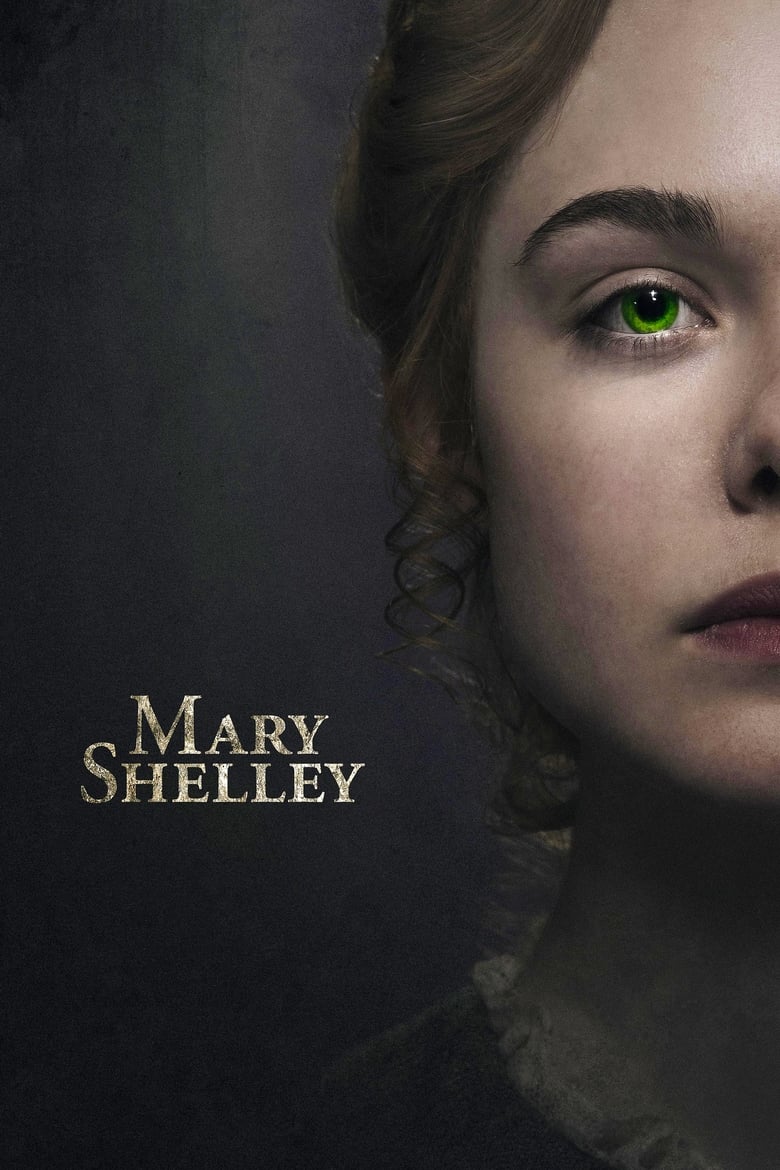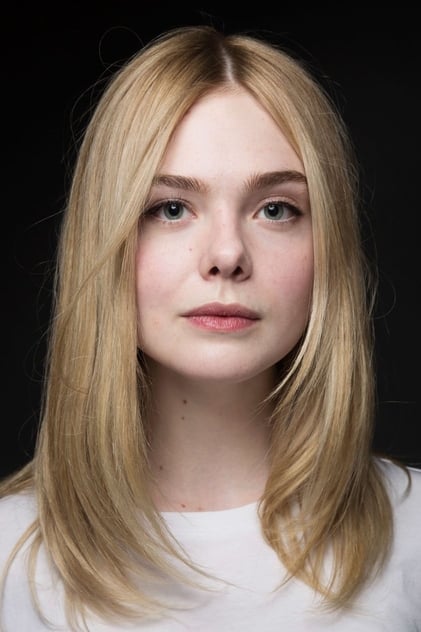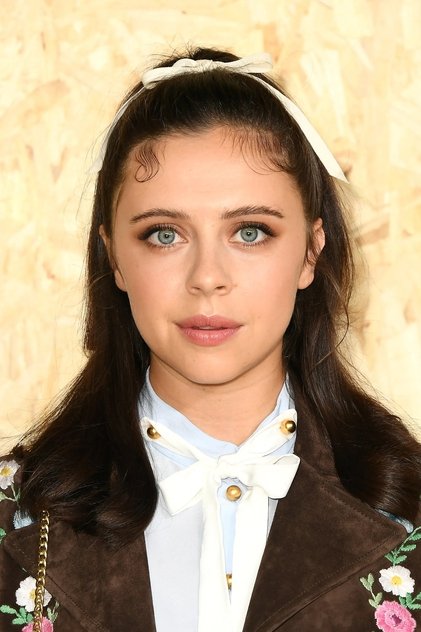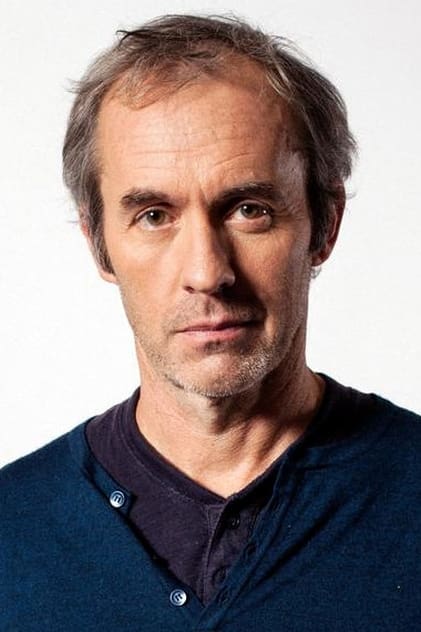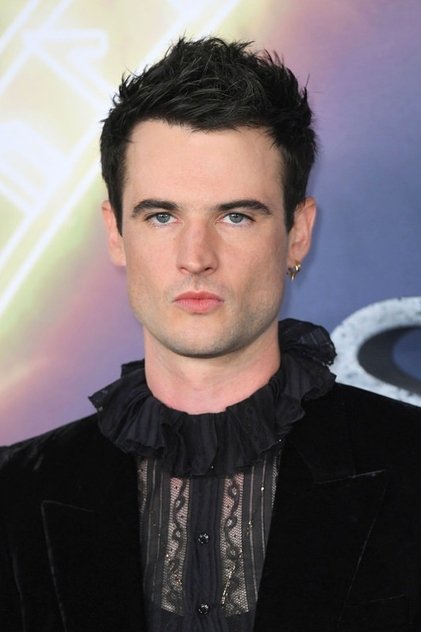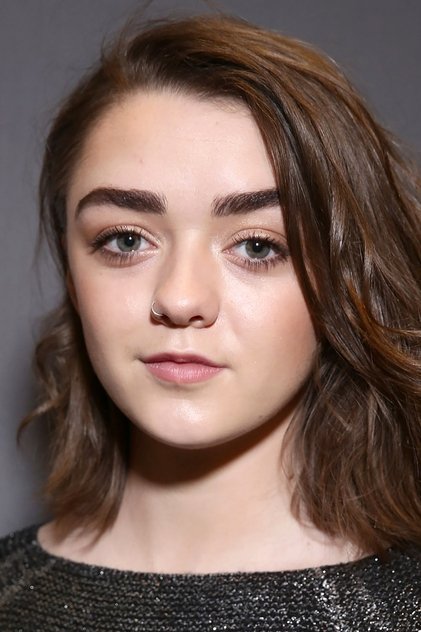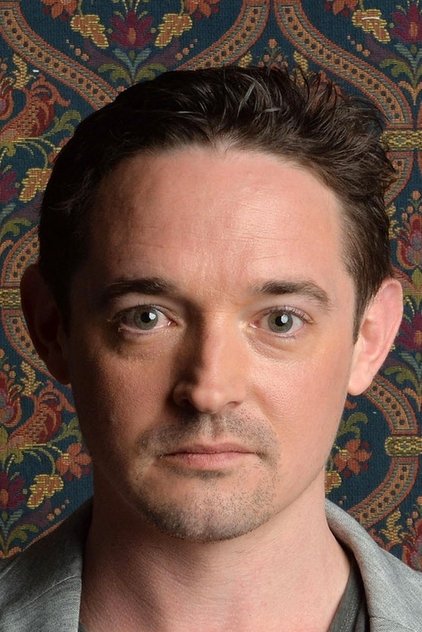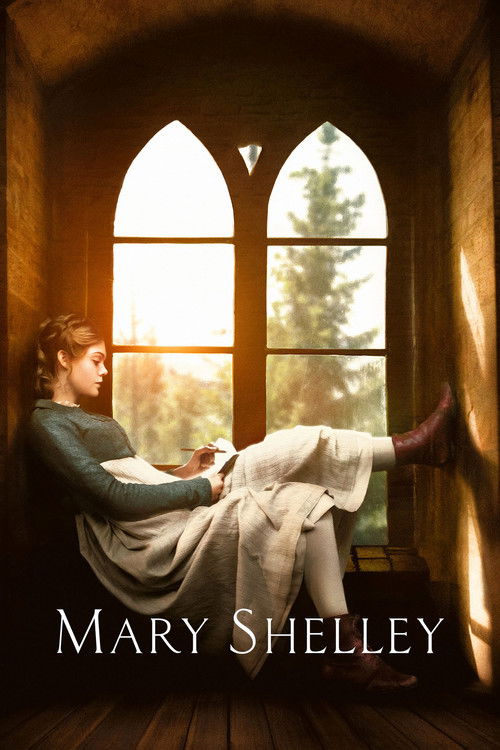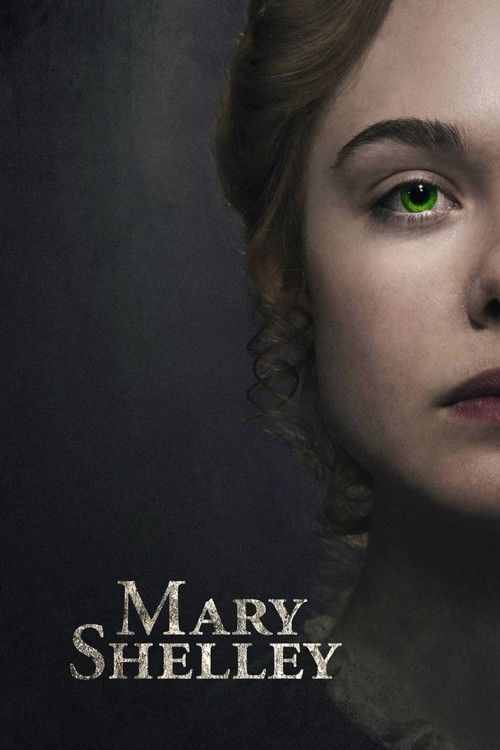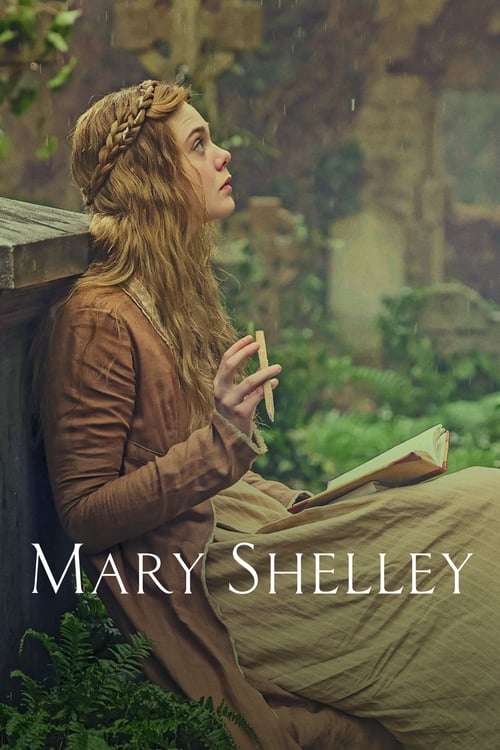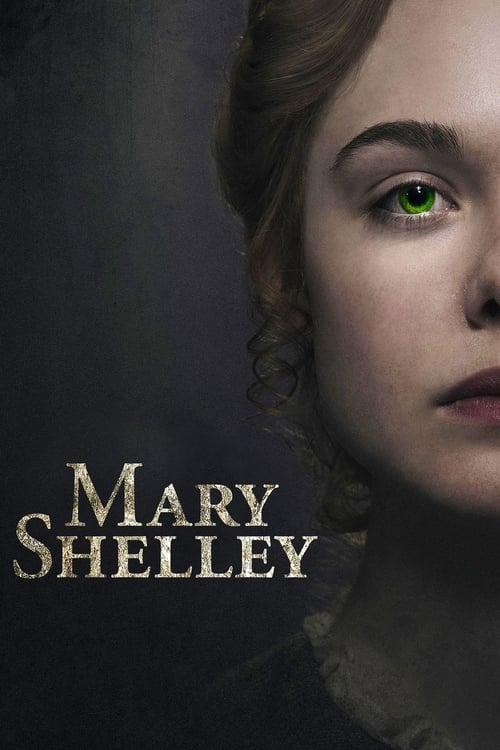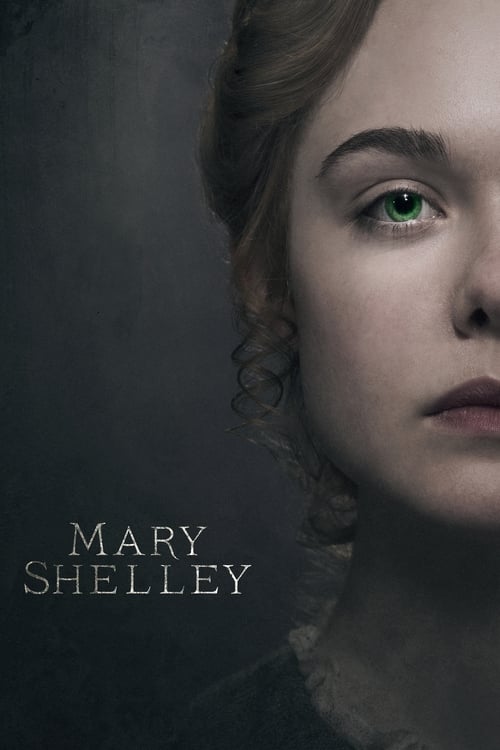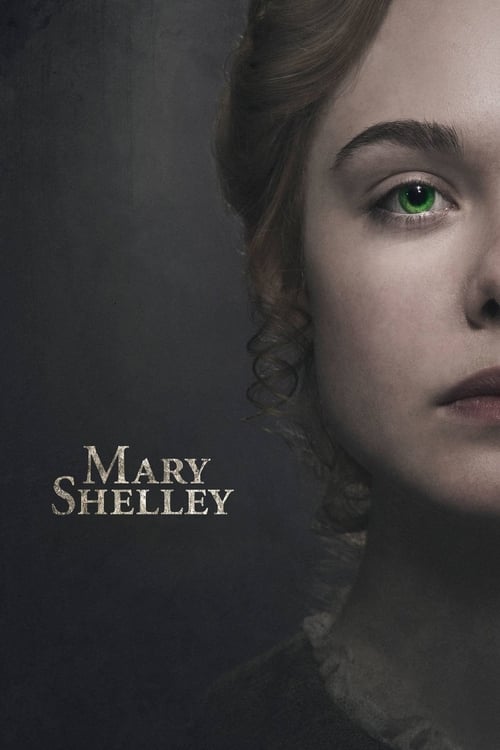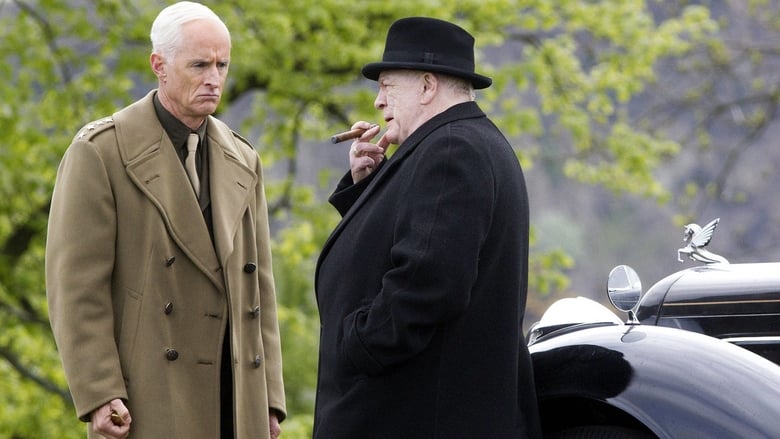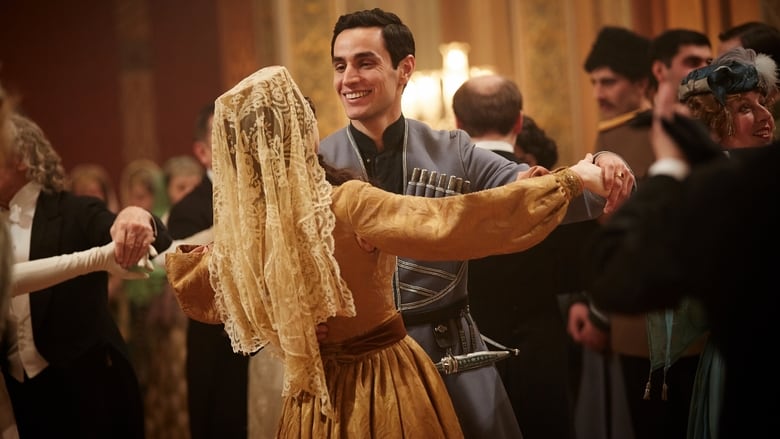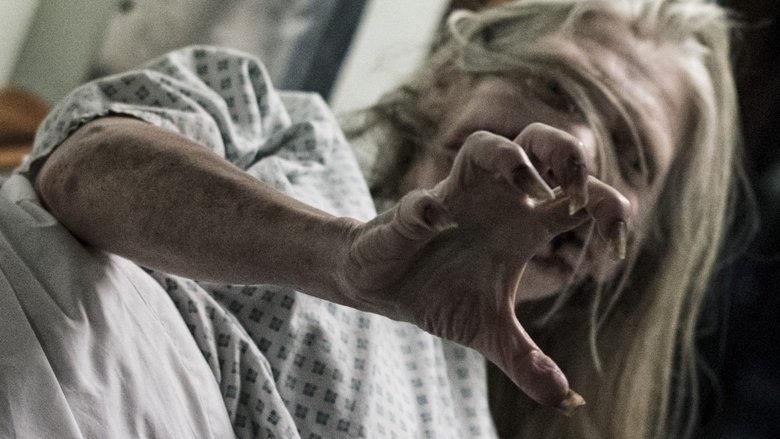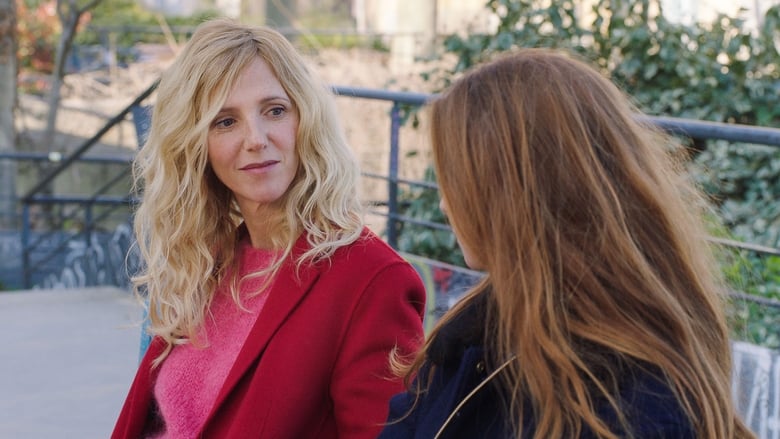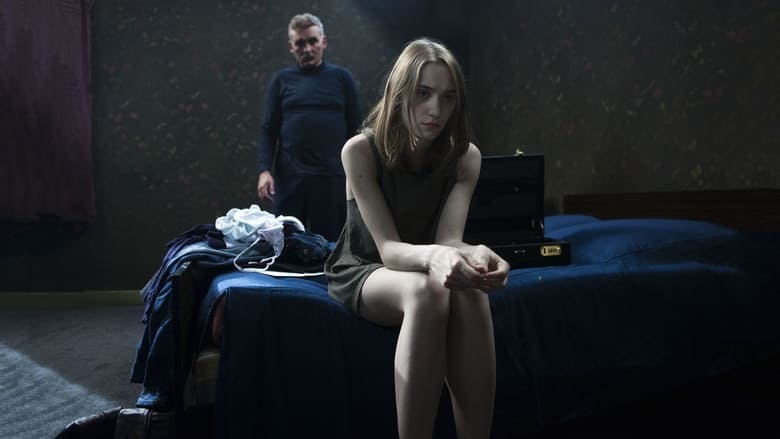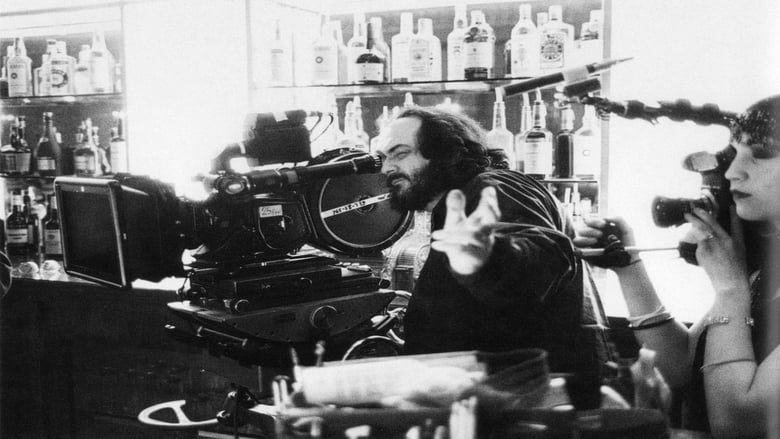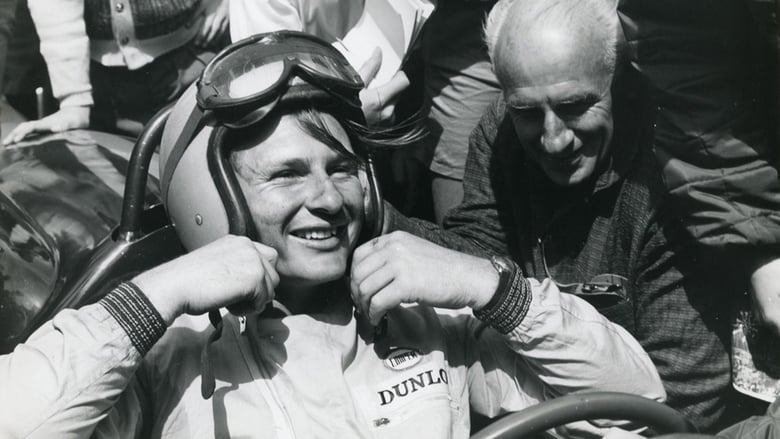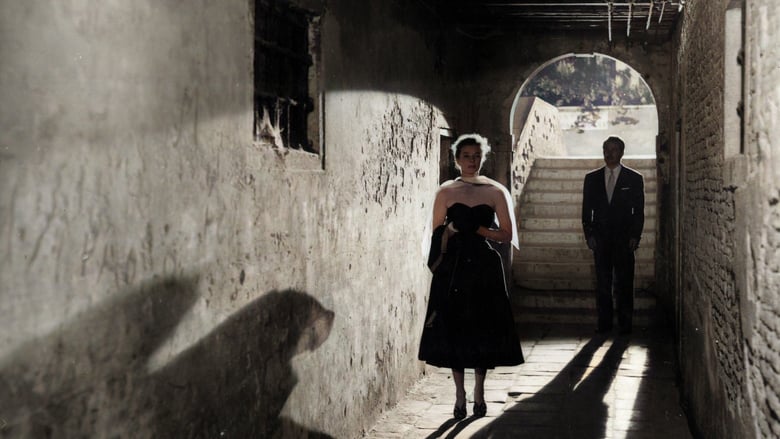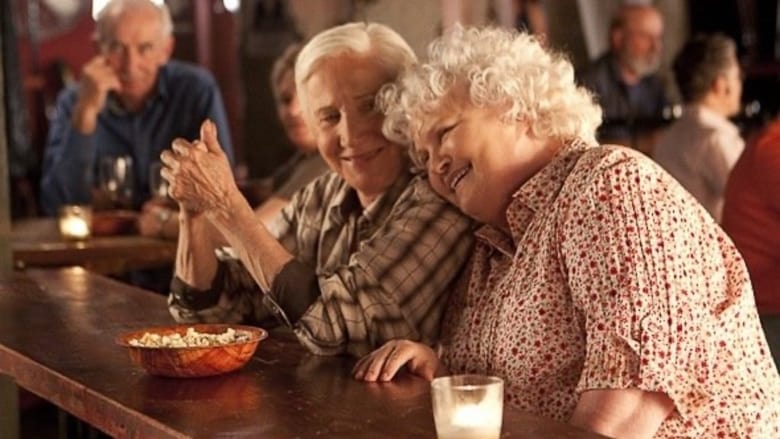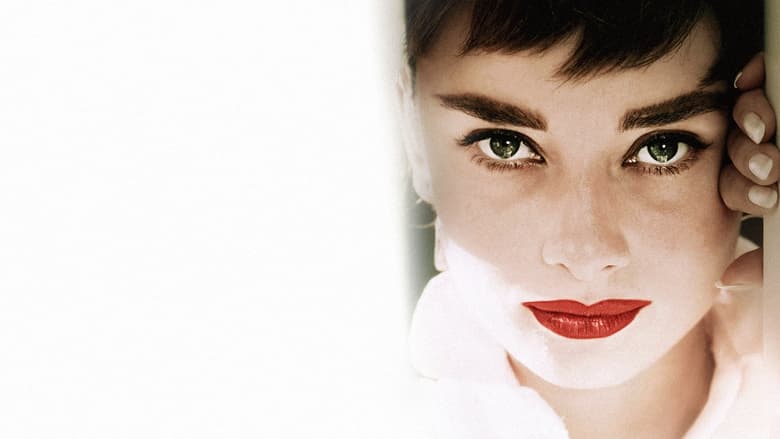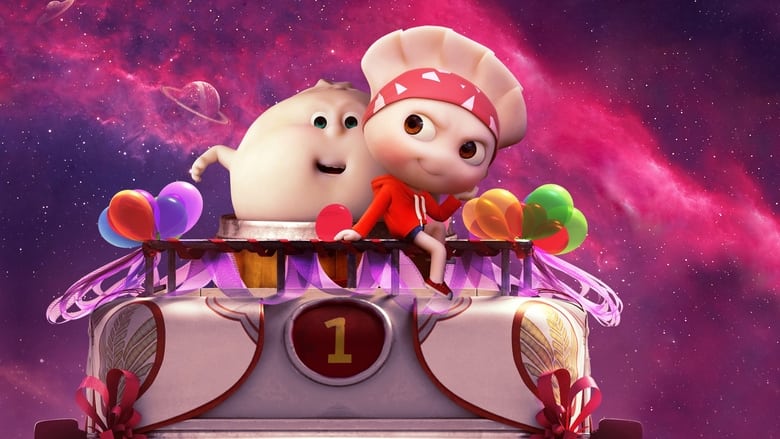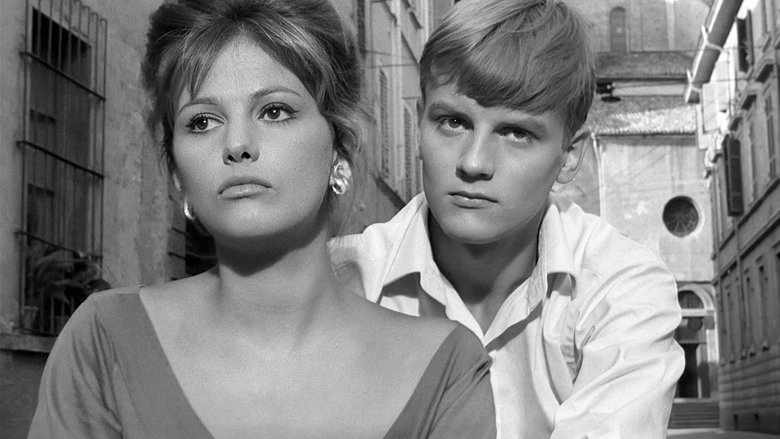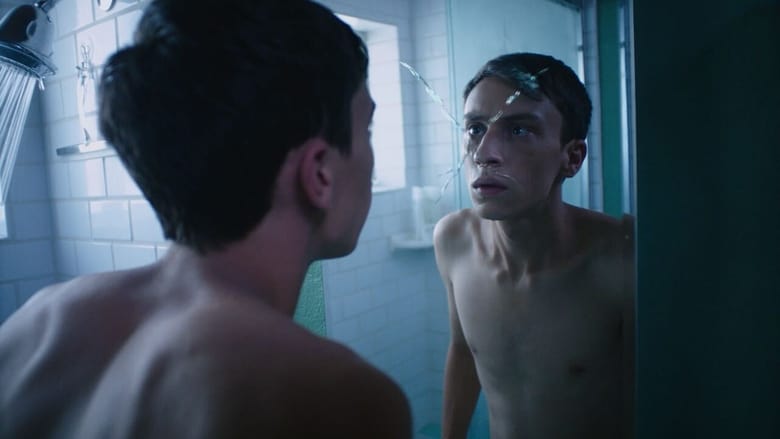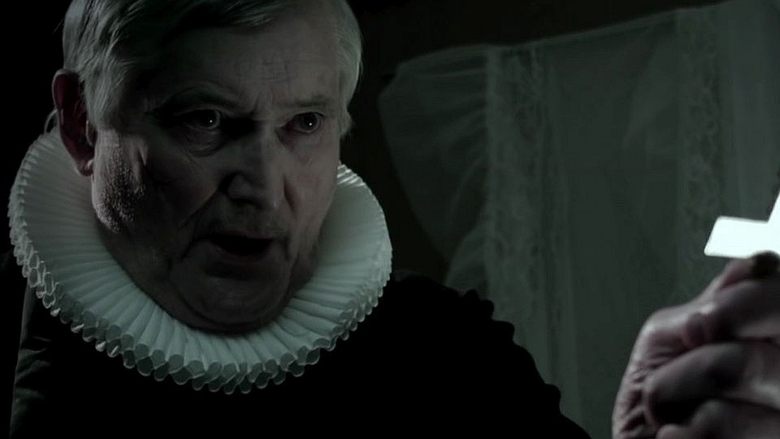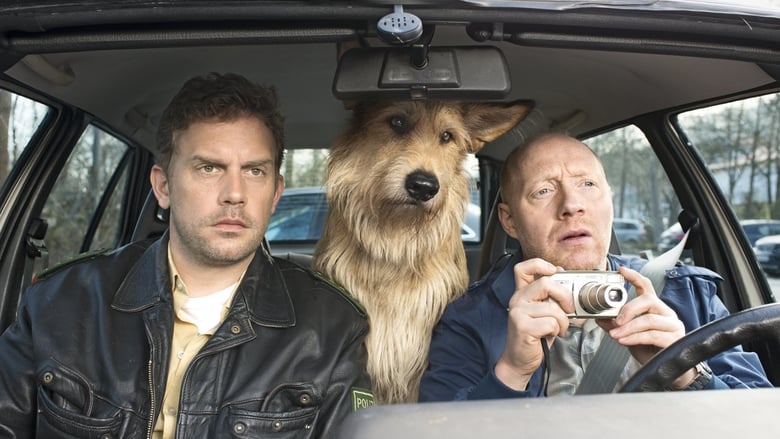Stephen Campbell
Apr 26, 2019
6/10
When I placed my head on my pillow, I did not sleep, nor could I be said to think. My imagination, unbidden, possessed and guided me, gifting the successive images that arose in my mind with a vividness far beyond the usual bounds of reverie. I saw - with shut eyes, but acute mental vision, - I saw the pale student of unhallowed arts kneeling beside the thing he had put together. I saw the hideous phantasm of a man stretched out, and then, on the working of some powerful engine, show signs of life, and stir with an uneasy, half vital motion. Frightful must it be; for supremely frightful would be the effect of any human endeavour to mock the stupendous mechanism of the Creator of the world. His success would terrify the artist; he would rush away from his odious handywork, horror-stricken. He would hope that, left to itself, the slight spark of life which he had communicated would fade; that this thing, which had received such imperfect animation, would subside into dead matter; and he might sleep in the belief that the silence of the grave would quench for ever the transient existence of the hideous corpse which he had looked upon as the cradle of life. He sleeps; but he is awakened; he opens his eyes; behold the horrid thing stands at his bedside, opening his curtains, and looking on him with yellow, watery, but speculative eyes.
- Mary Shelley; "Introduction" to the 1831 Revised Edition of Frankenstein; or, The Modern Prometheus
My dearest Hogg my baby is dead-will you come to see me as soon as you can. I wish to see you-It was perfectly well when I went to bed - I awoke in the night to give it suck it appeared to be sleeping so quietly that I would not awake it. It was dead then, but we did not find that out till morning - from its appearance it evidently died of convulsions - Will you come - you are so calm a creature & Shelley is afraid of a fever from the milk - for I am no longer a mother now.In the film, Hogg is a lech who tries to force himself on Mary. The film also gets it right that Shelley and Mary first expressed their love for one another at her mother's grave, but it shies away from what many scholars believe; that Mary lost her virginity to Shelley on or near the grave. Instead, the film features a dreadful clichéd sex scene in a bedroom bathed in firelight. More romantic? Probably. Historically accurate? Almost certainly not. Another point that's presented fairly accurately is the poor living conditions after Mary, Shelley, and Claire elope, and the fact that they were constantly in debt and frequently had to flee their lodgings in the middle of the night. However, the film fails to depict or even hint at the fact that Shelley and Claire were, for a time, lovers. Finally, although the film correctly depicts many of the details of the summer of 1816, it neglects to show that Mary was taking large quantities of laudanum for pretty much the entire time she was in Geneva. Regarding the performances, first we have Tom Sturridge as Byron. Good lord in heaven! Again the film gets the basics right - Byron was notoriously lavish, flamboyant, and fickle, living a life of excess, even for a Romantic poet, and well known for using and discarding women, and, on occasion, men. However, Sturridge's performance is a thing to behold. He has always tended towards overacting, but his performance here makes Al Pacino's work in Harold Becker's City Hall (1996) look positively catatonic. It's just laughable how bad he is in the role, turning Byron into a cartoon character. Stephen Dillane's Godwin is also problematic. Dillane is an immense actor with an extraordinary range (compare his performances in Antoine Fuqua's King Arthur, Game of Thrones, and Charlie Brooker's A Touch of Cloth), but he plays Godwin identically to how he played Leonard Woolf in Stephen Daldry's The Hours - a put-upon, buttoned-down intellectual, trying not to offend anyone, talented in his own right, but living in the shadow of the greater talents of people he loves. Jane Froggatt plays Clairmont as a wicked stepmother straight out of Disney, with no depth to the character whatsoever. A lot of reviews have heavily criticised Fanning's work as Mary, but I thought she was okay in the role. Not spectacular, but not as bad as I expected. Her accent isn't too bad either (and certainly better than Maisie Williams's ridiculous Scottish brogue). However, one can't help but wonder what Saoirse Ronan would have done in the role, had she chosen to do Mary Shelley instead of Josie Rourke's Mary, Queen of Scots (2018). However, easily the biggest problem with the film, and the one that most of my colleagues and friends have trashed with the most fervour, is the script. First of all, it tries to cover too much, and instead of saying a lot about a few events, it says little of interest about a lot of events. But its biggest flaw is that it reduces one of the greatest love affairs of all time to a series of ridiculous and repetitive petty squabbles that wouldn't be out of place in an episode of EastEnders. The film is at pains to impart how empyrean Mary is, presenting her as a character whose soul is infused with the poetry of an era. However, when depicting her squabbles with Shelley, she's reduced to little more than a cipher for her beliefs, as is he in relation to his. As they literally have the exact same argument about five times in the film, and each time, because their characters have been reasonably well defined, the fact that they're arguing about things that they are well aware of makes the whole thing seem ludicrous; it's all about his free love and failure to provide for Mary clashing with her protofeminism and political sensibility. The film essentially gives us a CliffsNotes summary of some of the key texts of the day, including Godwin's An Enquiry Concerning Political Justice, and its Influence on Morals and Happiness (1793), but it completely fails to provide a solid political or philosophical context, with both Mary and Shelley seemingly existing in some kind of intellectual bubble of their own creation. Lastly, the attempt to link passages from Frankenstein to specific events in Mary's life via flashbacks, is horrendous; poorly conceived, and just as poorly executed. However, for all that, I can't hate it. Al-Mansour (the first woman from Saudi Arabia to direct a Hollywood funded movie) directs the film confidently and competently. The period detail is excellent. Amelia Warner's score is rousing in places, Caroline Koener's costumes are well designed, Paki Smith's (Free Fire) production design is impressively detailed, and David Ungaro's (A Prayer Before Dawn) cinematography is suitably gritty. There are also some fine performances; Booth is pitch-perfect as a frustrated and free-thinking Shelley, and Ben Hardy is superb as Polidori, whose tragedy is unfortunately glossed over far too quickly. So, with all that said, it's not a film I'd recommend unreservedly, but it's not something I'd warn people not to see. In fact, one of the questions I had after watching it was who was it made for; who was the target audience? Academics and people familiar with the events will almost universally hate it, whilst a more mainstream audience used to superhero movies and explosions will find it boring beyond belief. A very curious experience!
